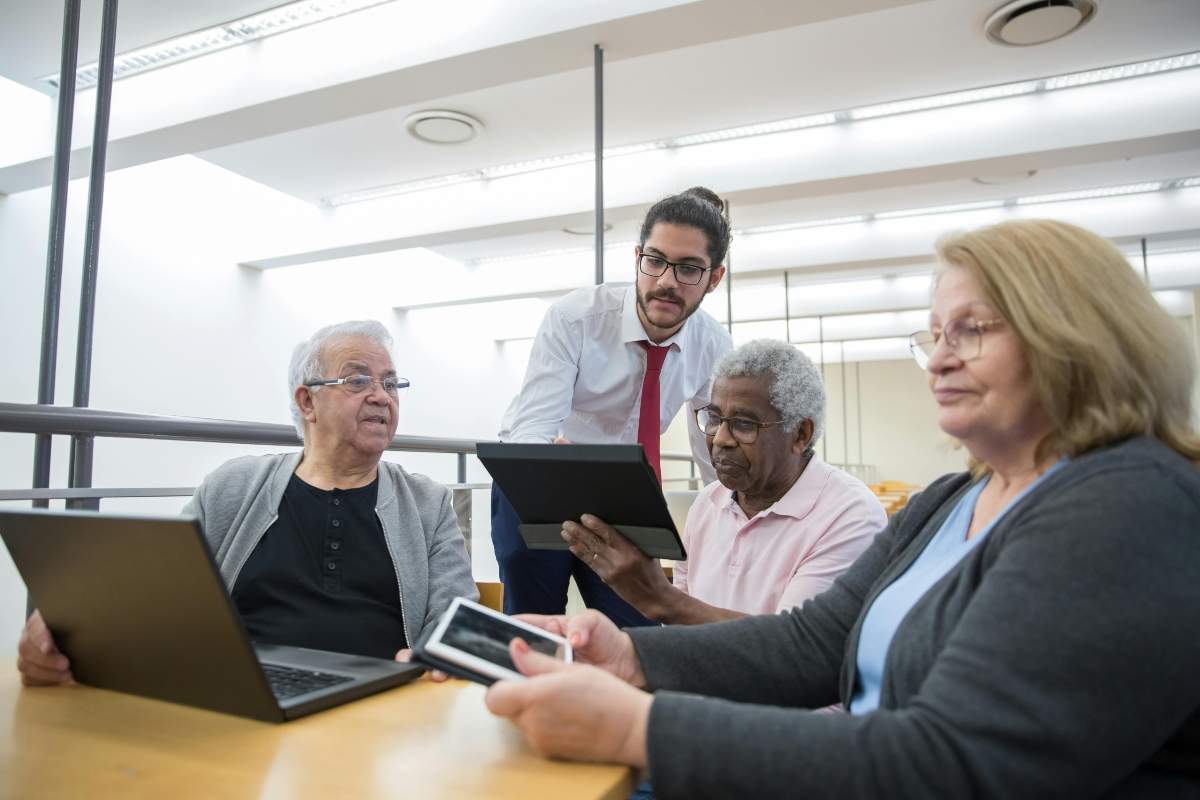- One third (32%) of workers aged 55 and over have taken time off sick with poor mental health
- Older workers are twice as likely to lie about the reason they were off sick, with only 14% of older workers comfortable being honest, compared with 31% of 18-24s
- Over half (51%) of workers aged 55 and over avoid talking about mental health struggles at work for fear of stigma, compared with just 29% of 18-24s
New research reveals that older workers are suffering from a silent mental health crisis at work, with almost a third (32%) of workers over 55 having taken time off sick with poor mental health in the last year. With workers aged 50+ now making up a third (33%) of the UK workforce, addressing this issue has never been more urgent.
The study, conducted by leading workplace mental health provider Unmind amongst 2,500 employees across the UK, highlights the need for a rethink in mental health support amid a growing push to bring older people back into the workforce.
Older Workers Feel Left Behind
While there’s a lot of noise around Gen Z’s mental health at work, older employees say they feel particularly excluded from conversations around mental health, with stigma proving the biggest barrier to them accessing support.
The research shows that while 32% of workers over 55 have taken time off for poor mental health, this age group was the least likely to be honest about the reason. Almost one in five (18%) prefer to blame the absence on physical health instead, with only 14% giving poor mental health as the reason, compared with 31% of 18-24s.
More than half (51%) of employees aged 55-64 say they avoid talking about their struggles for fear of stigma, compared to just under three in ten (29%) of 18-24s. And fewer than four in ten (39%) of 55-64-year-olds believe their managers are well-equipped to support their mental health needs, compared to three in five (60%) of 18-24-year-olds.
Employee Assistance Programmes Broken for Older Employees
While Employee Assistance Programmes (EAPs) remain a key part of workplace mental health strategies and can offer vital support, the study reveals that workers aged 55 and over are the least likely of all age groups to use them – only 18% used their workplace’s EAP in the last year, compared with 63% of 18-24s.
Amongst workers who have used an EAP in the last year, older workers are the least likely of all age groups to find it helpful in managing their mental health – 43%, compared to 77% of 19-24s.
Only 59% of employees aged 55-64 rate EAPs favourably, compared to over three quarters (76%) of 25-34-year-olds, reinforcing the notion of a silent mental health crisis among older workers.
Commenting on the findings, Dr Nick Taylor, CEO and co-founder of Unmind, said:
“This data paints a clear picture: workplace mental health is not one-size-fits-all. For older generations, discussing mental health and illness is still stigmatised, while younger generations see these conversations as an essential part of overall health. With the retirement age increasing and initiatives in place to bring older workers back into employment, businesses must ensure they are creating an environment where employees of all ages feel supported or risk exacerbating the challenges older workers already face.”
To discover more about Unmind’s predictions for workplace mental health in the next five years, please access the full Trends 2030 report here.
Unmind is a science-backed mental health platform designed to help organisations and their people thrive.

